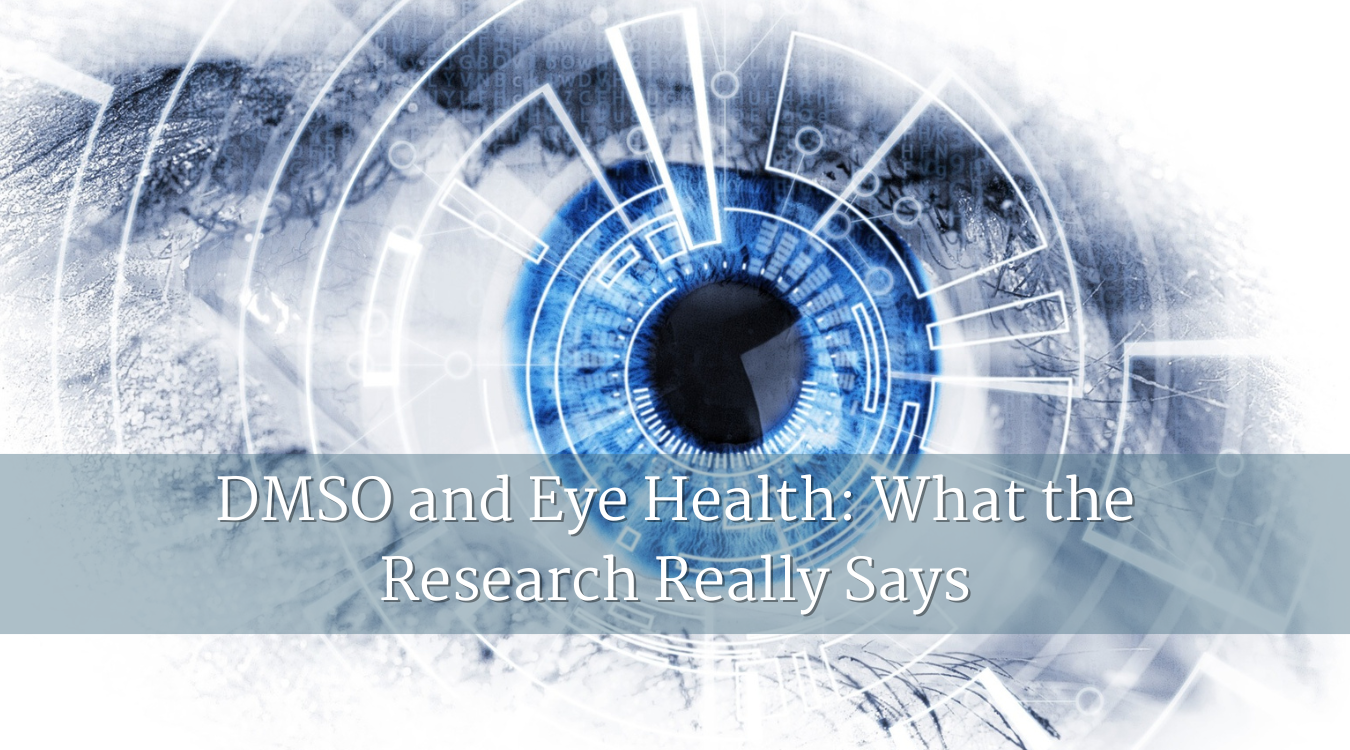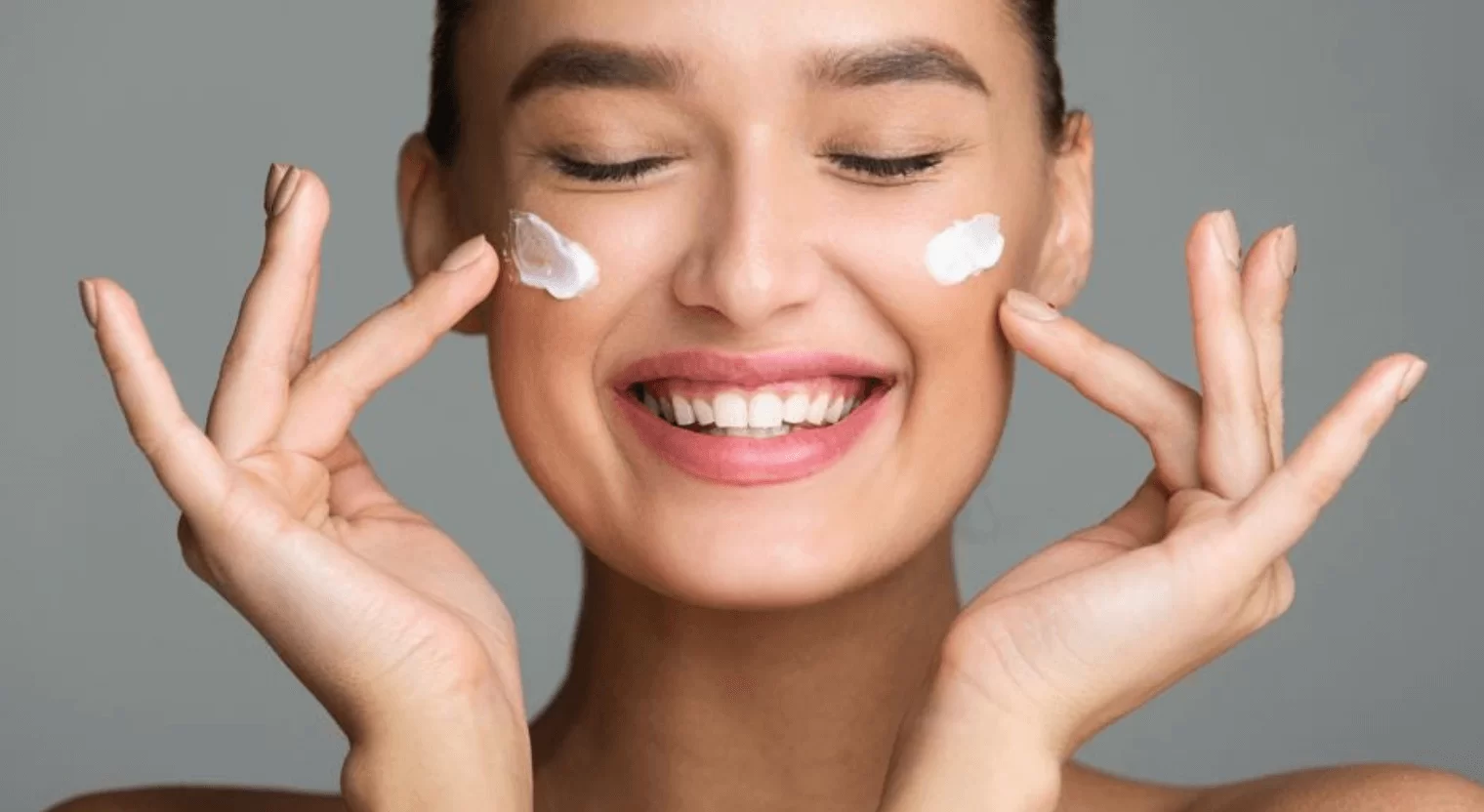
Why People Ask About DMSO and Eyes
The eyes are delicate organs, and any treatment that claims to improve vision or ease eye conditions naturally draws attention. DMSO, known for its deep tissue penetration and anti-inflammatory properties, has been mentioned in old studies and alternative health circles as a possible aid for eye problems ranging from cataracts to glaucoma.
But what does the science actually say, and is it safe to use DMSO in or around the eyes?
What the Research Suggests
-
Animal studies: Early experiments in the 1960s and 70s tested DMSO in animal eyes, showing some reduction in intraocular pressure and lens opacity.
-
Cataract claims: A few small, older trials suggested potential benefits in slowing cataract development — but these results have not been reliably repeated in modern studies.
-
Glaucoma interest: Some early data hinted at pressure-lowering effects in the eye, but again, this has not translated into approved therapies.
👉 Modern ophthalmology does not use DMSO for eye treatment. The evidence is outdated, limited, and unverified by current medical standards.
Ophthalmologist’s Perspective
An eye specialist would stress:
-
The eye’s tissues are extremely sensitive — applying solvents like DMSO can cause burning, irritation, or even damage.
-
No regulatory body has approved DMSO for treating eye conditions.
-
Proven, safe options exist for cataracts (surgery) and glaucoma (eye drops, surgery, laser treatments).
👉 In their words: “The risks of DMSO near the eyes far outweigh any unproven benefit.”
Researcher’s View
From a laboratory standpoint:
-
DMSO is still used in eye research — mainly as a solvent to deliver experimental compounds in animal studies.
-
The compound itself is not the therapy; it’s the “carrier.”
-
This reinforces that its role is scientific, not clinical, at least when it comes to human eyes.
Traditional & Holistic Lens
In traditional frameworks, the eyes are linked to liver health and circulation. While DMSO isn’t part of TCM or Ayurveda, the interest reflects a common theme: finding ways to improve eye clarity and reduce inflammation.
👉 Herbal tonics (like goji berries in TCM) are the historical approach, not chemical solvents.
Myths vs Facts
-
Myth: DMSO can cure cataracts.
-
Fact: No strong clinical evidence supports this.
-
-
Myth: DMSO eye drops are a natural alternative to surgery.
-
Fact: Eye surgery remains the only proven treatment for advanced cataracts.
-
-
Myth: DMSO is widely used in ophthalmology.
-
Fact: It is not approved for eye use in any country.
-
Safety Considerations
-
Do not apply DMSO directly into the eyes.
-
Even topical use around the eyelids may risk irritation or absorption into sensitive tissues.
-
Always seek professional eye care for conditions like cataracts, glaucoma, or macular degeneration.
The Bigger Picture
DMSO continues to spark curiosity because of its unique properties. But when it comes to eye health, the science is outdated and inconclusive, and the safety risks are significant.
For now, DMSO should be seen as a research tool in ophthalmology, not a home remedy for vision problems.
🔗 Where to Learn More
-
Related: DMSO and Wound Healing
-
Related: DMSO and Vitamin C
-
Foundation: What is DMSO and How Does It Work?




 DMSO for Back Pain: Relief or Risk?
DMSO for Back Pain: Relief or Risk?
 DMSO and Arthritis: What the Research Really Says
DMSO and Arthritis: What the Research Really Says













